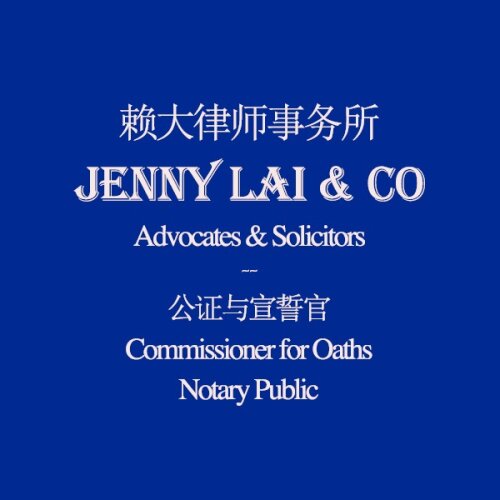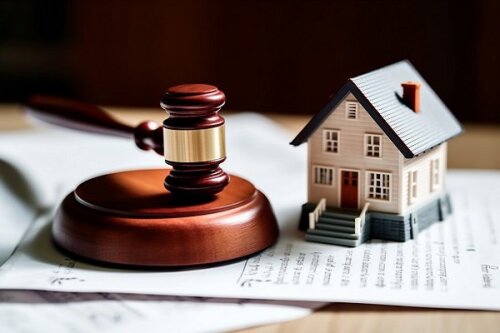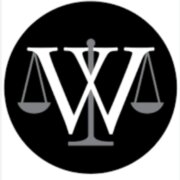Best Landlord & Tenant Lawyers in Singapore
Share your needs with us, get contacted by law firms.
Free. Takes 2 min.
Free Guide to Hiring a Real Estate Lawyer
Or refine your search by selecting a city:
List of the best lawyers in Singapore
About Landlord & Tenant Law in Singapore
Landlord & Tenant law in Singapore governs the legal relationship between landlords who own property and tenants who wish to lease such properties. These laws are designed to protect the interests of both parties and ensure that transactions are conducted fairly and transparently. The key types of tenancies involved include private residential leases, commercial leases, and non-residential property leases. In Singapore, these laws ensure clarity on issues such as rental agreements, property maintenance, lease termination, and eviction processes.
Why You May Need a Lawyer
There are several situations where individuals might need legal advice or representation in landlord-tenant matters. Some common instances include:
- Disputes over security deposit deductions upon lease termination.
- Eviction notices or wrongful eviction concerns.
- Lease agreement negotiations, especially involving complex commercial leases.
- Repair and maintenance disputes between landlords and tenants.
- Clarifications on rights and responsibilities stipulated in tenancy agreements.
- Rental payment defaults and recovery issues.
- Substantial property damage claims.
In such scenarios, a lawyer can help interpret the relevant laws, mediate disputes, and represent either landlords or tenants in legal proceedings.
Local Laws Overview
Several key aspects of local laws in Singapore are particularly relevant to landlords and tenants:
- Tenancy Agreements: These are usually fixed-term leases, and it's crucial for both parties to ensure that all terms are clear and agreed upon in writing to prevent future disputes.
- Security Deposit: Typically equivalent to one or two months' rent, this deposit protects landlords from potential tenant defaults or damages. The handling and return of these funds are often points of contention.
- Duty of Care and Maintenance: Landlords are responsible for ensuring that the rented premises are habitable and safe, while tenants must keep the property in good condition.
- Eviction Process: The eviction process in Singapore is governed by the terms of the lease agreement. Legal eviction would warrant a judicial process especially if the tenant refuses to vacate the property at the end of the lease period.
- Rent Control: Presently, there are no rent control measures in Singapore, but rental rates should be mutually agreed upon before the lease commencement.
Frequently Asked Questions
What should be included in a tenancy agreement?
A tenancy agreement should include details such as the duration of the lease, rental amount, payment terms, security deposit, landlord and tenant responsibilities, termination conditions, and procedures for dispute resolution.
Can a landlord increase the rent during an ongoing tenancy?
Rent can typically only be increased after the end of a fixed-term lease unless stated otherwise in the tenancy agreement. Any change should also be agreed upon by both parties.
What are the grounds for eviction?
Eviction can occur due to several reasons, such as non-payment of rent, breach of the tenancy agreement, or unlawful activities on the premises. The process must comply with local laws and lease terms.
How is security deposit managed?
The security deposit is held by the landlord to cover any damages or unpaid rent at the end of the tenancy. It should be returned after deducting justified expenses, if any, once the lease ends.
Who is responsible for property repairs?
Generally, the landlord handles major repairs and maintenance, whereas the tenant is responsible for minor repairs and maintaining the property in acceptable living conditions.
How can disputes between landlords and tenants be resolved?
Disputes can primarily be resolved through negotiation or mediation. If these fail, parties may resort to civil lawsuits in court.
Can tenants sublet rented property?
Subletting is primarily governed by the original lease agreement terms, and it must be approved by the landlord. Unauthorized subletting is not permissible.
What happens if I terminate my lease early?
Early termination may result in penalties or forfeiture of deposits, unless there is a clause that permits early termination within the tenancy agreement.
Are oral tenancy agreements enforceable?
While oral agreements can be legally binding, they are hard to enforce. It is always advisable to have agreements documented in writing.
Do tenants have the right to renewal of the lease?
Lease renewal is subject to landlord consent and mutual agreement on new lease terms. Tenants typically negotiate extensions towards the end of the contract period.
Additional Resources
For more information or assistance on landlord and tenant matters, the following resources can be useful:
- Singapore Law Society: Provides information on legal practices in Singapore and can assist in finding a qualified lawyer.
- Small Claims Tribunals: Handles small claims related to tenancy agreements and other minor disputes.
- Singapore Legal Advice Website: Offers insights, articles, and resources on landlord and tenant laws in Singapore.
Next Steps
If you find yourself needing legal assistance with landlord and tenant issues in Singapore, consider taking the following steps:
- Review your tenancy agreement thoroughly and list down areas of concern or dispute.
- Gather all necessary documentation and evidence pertinent to your issue.
- Identify and consult with a qualified lawyer specializing in landlord and tenant law for legal advice and potential representation.
- If the dispute involves small claims, consider approaching the Small Claims Tribunals for a resolution.
Being proactive and informed will help you effectively address and resolve landlord and tenant issues.
Lawzana helps you find the best lawyers and law firms in Singapore through a curated and pre-screened list of qualified legal professionals. Our platform offers rankings and detailed profiles of attorneys and law firms, allowing you to compare based on practice areas, including Landlord & Tenant, experience, and client feedback.
Each profile includes a description of the firm's areas of practice, client reviews, team members and partners, year of establishment, spoken languages, office locations, contact information, social media presence, and any published articles or resources. Most firms on our platform speak English and are experienced in both local and international legal matters.
Get a quote from top-rated law firms in Singapore — quickly, securely, and without unnecessary hassle.
Disclaimer:
The information provided on this page is for general informational purposes only and does not constitute legal advice. While we strive to ensure the accuracy and relevance of the content, legal information may change over time, and interpretations of the law can vary. You should always consult with a qualified legal professional for advice specific to your situation.
We disclaim all liability for actions taken or not taken based on the content of this page. If you believe any information is incorrect or outdated, please contact us, and we will review and update it where appropriate.
Browse landlord & tenant law firms by city in Singapore
Refine your search by selecting a city.















